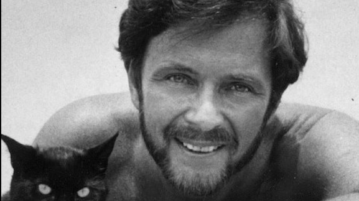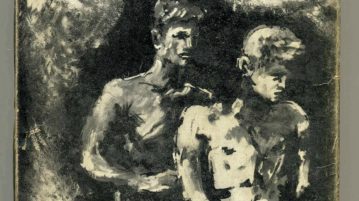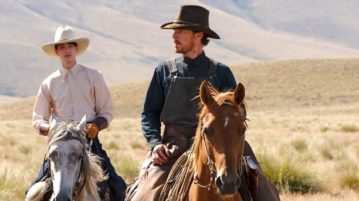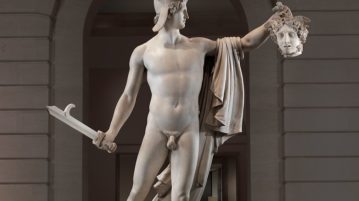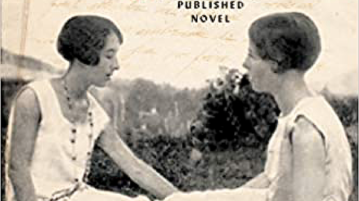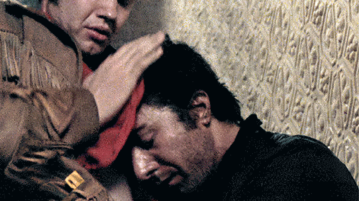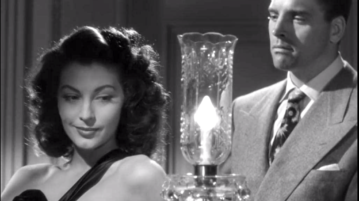IN ITS ONGOING, heroic effort to bring older gay titles back into print, Valancourt Books sometimes publishes acknowledged classics, like James Purdy’s Narrow Rooms, one of my top choices for the Great Gay Novel, or lesser-known works by significant writers, like The Fall of Valor (which I reviewed in the May-June 2017 issue of these pages), by Charles Jackson, the author of The Lost Weekend. And sometimes, fortunately, it publishes oddities like the 1959 British novel Chorus of Witches, by the otherwise unknown and probably pseudonymous Paul Buckland. By no means great, it is completely enjoyable to read and provides a glimpse into aspects of gay British life over sixty years ago.
More

